Intro
Get instant Night Leg Cramps Relief with natural remedies, treatments, and prevention methods, including muscle relaxation, stretching, and hydration to alleviate nocturnal leg cramp symptoms and improve sleep quality.
Night leg cramps can be a debilitating and frustrating condition that affects millions of people worldwide. These sudden, intense muscle contractions can occur at any time, but they often strike at night, disrupting sleep and leaving individuals feeling exhausted and irritable. The importance of addressing night leg cramps cannot be overstated, as they can significantly impact daily life, productivity, and overall well-being. In this article, we will delve into the world of night leg cramps, exploring their causes, symptoms, and most importantly, effective relief strategies.
Night leg cramps can be triggered by a variety of factors, including dehydration, electrolyte imbalances, and certain medical conditions. For instance, individuals with diabetes, thyroid disorders, or peripheral artery disease may be more prone to experiencing night leg cramps. Additionally, lifestyle factors such as intense physical activity, poor diet, and inadequate stretching can also contribute to the development of night leg cramps. Understanding the underlying causes of night leg cramps is crucial in developing effective relief strategies.
The experience of night leg cramps can vary from person to person, but common symptoms include sudden, severe pain in the legs, feet, or toes, as well as muscle stiffness and tenderness. In some cases, night leg cramps can be accompanied by other symptoms such as numbness, tingling, or weakness in the affected area. The pain can be so intense that it wakes individuals up from sleep, leaving them feeling frustrated and exhausted. Fortunately, there are many effective ways to alleviate night leg cramps, and we will explore these in more detail below.
Night Leg Cramps Causes and Risk Factors
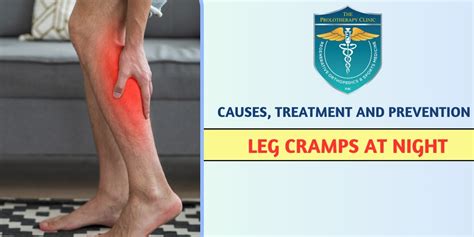
Medical Conditions that Contribute to Night Leg Cramps
Certain medical conditions can increase the risk of developing night leg cramps. These include: * Diabetes * Thyroid disorders * Peripheral artery disease * Kidney disease * Hormonal imbalances It is essential to manage these underlying medical conditions to reduce the frequency and severity of night leg cramps.Night Leg Cramps Symptoms and Diagnosis
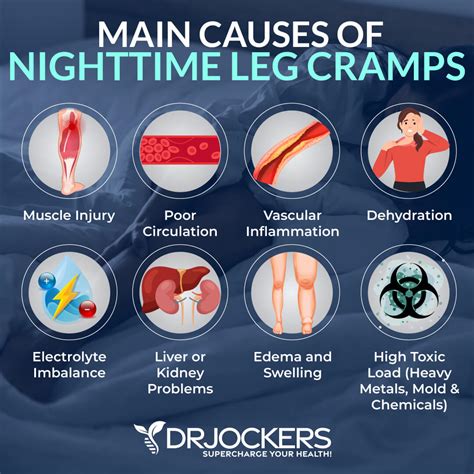
How to Diagnose Night Leg Cramps
Diagnosing night leg cramps involves the following steps: 1. Physical examination: A doctor will perform a physical examination to check for any signs of muscle weakness, tenderness, or swelling. 2. Medical history: A doctor will ask questions about medical history, including any underlying medical conditions, medications, and lifestyle factors. 3. Laboratory tests: Laboratory tests, such as blood tests and imaging studies, may be ordered to rule out underlying medical conditions.Night Leg Cramps Relief Strategies
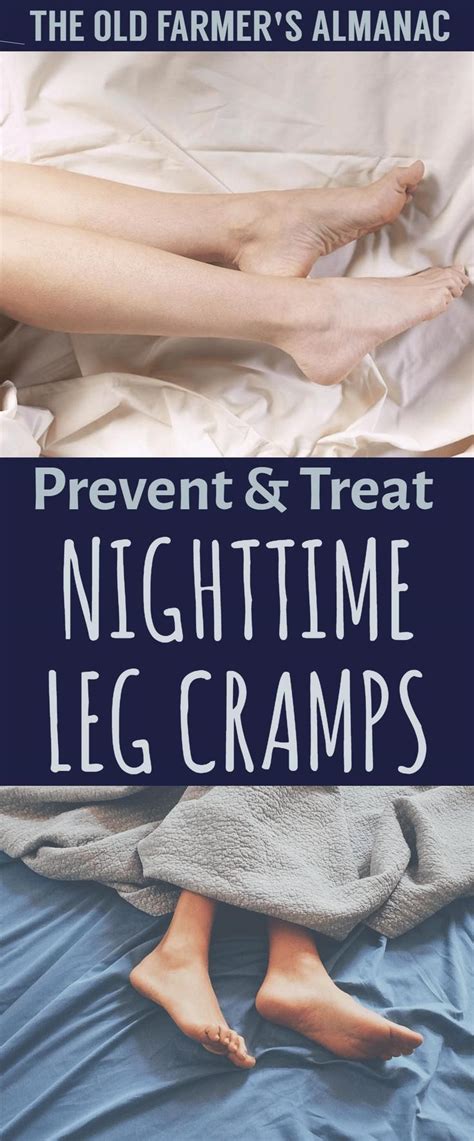
Home Remedies for Night Leg Cramps
There are several home remedies that can help to alleviate night leg cramps, including: * Applying heat or cold packs to the affected area * Massaging the affected area * Taking a warm bath or shower * Practicing relaxation techniques, such as deep breathing and meditation These home remedies can help to reduce pain and discomfort, and promote relaxation.Night Leg Cramps Prevention Strategies
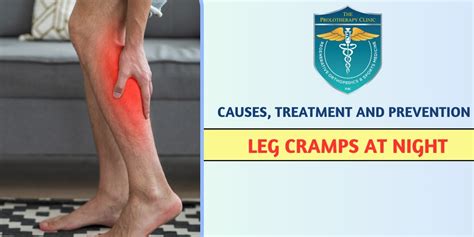
Lifestyle Changes to Prevent Night Leg Cramps
Making lifestyle changes can help to prevent night leg cramps. These include: * Avoiding intense physical activity before bedtime * Wearing comfortable clothing and shoes * Avoiding caffeine and nicotine * Practicing good sleep hygiene, such as avoiding screens before bedtime and creating a relaxing sleep environmentNight Leg Cramps Treatment Options
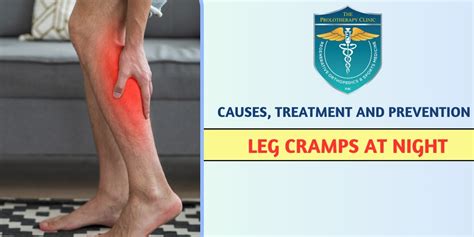
When to Seek Medical Attention
In some cases, night leg cramps can be a symptom of an underlying medical condition. It is essential to seek medical attention if: * The pain is severe and persistent * The pain is accompanied by other symptoms, such as numbness, tingling, or weakness * The pain is not relieved by self-care strategies and home remedies Seeking medical attention can help to diagnose and treat underlying medical conditions, and alleviate night leg cramps.What are the most common causes of night leg cramps?
+Night leg cramps can be caused by a combination of factors, including muscle fatigue, nerve damage, and electrolyte imbalances. Medical conditions such as diabetes, thyroid disorders, and peripheral artery disease can also increase the risk of developing night leg cramps.
How can I prevent night leg cramps?
+Preventing night leg cramps involves a combination of lifestyle changes and self-care strategies. These include staying hydrated, engaging in regular exercise, managing stress, and getting enough sleep. Making lifestyle changes, such as avoiding intense physical activity before bedtime and practicing good sleep hygiene, can also help to prevent night leg cramps.
What are the most effective relief strategies for night leg cramps?
+Effective relief strategies for night leg cramps include stretching and exercise, hydration, relaxation techniques, and medications. Home remedies, such as applying heat or cold packs, massaging the affected area, and taking a warm bath or shower, can also help to alleviate night leg cramps.
In conclusion, night leg cramps can be a debilitating and frustrating condition, but there are many effective ways to alleviate and prevent them. By understanding the underlying causes and risk factors, and making lifestyle changes and self-care strategies, individuals can reduce the frequency and severity of night leg cramps. We invite you to share your experiences and tips for managing night leg cramps in the comments below. If you found this article helpful, please share it with others who may be struggling with night leg cramps. Together, we can promote awareness and provide support for individuals affected by this condition.
